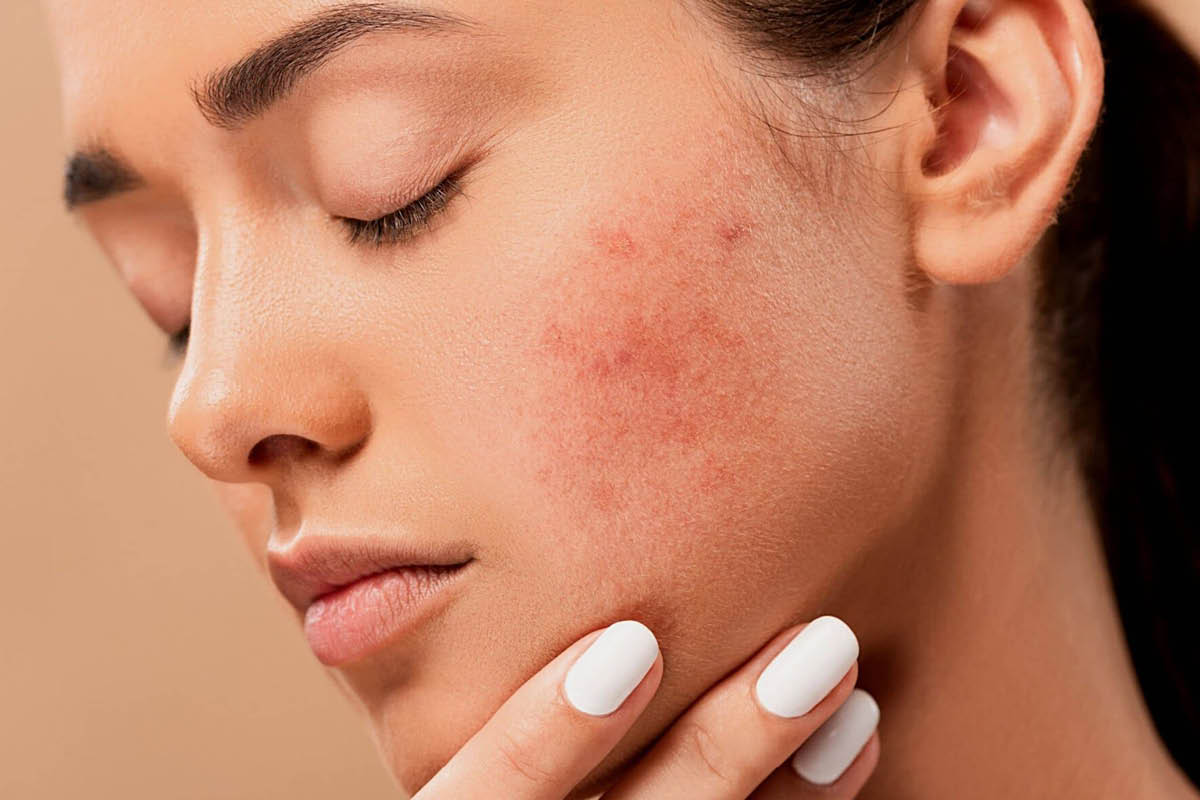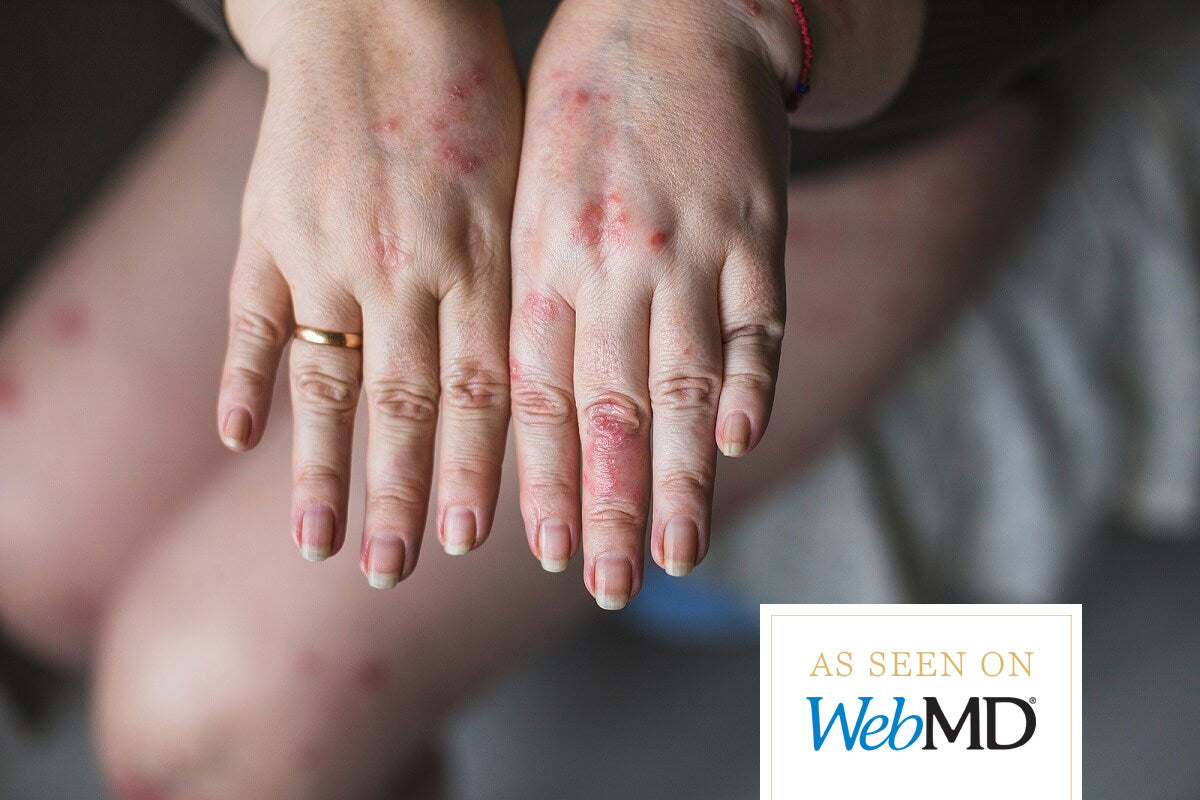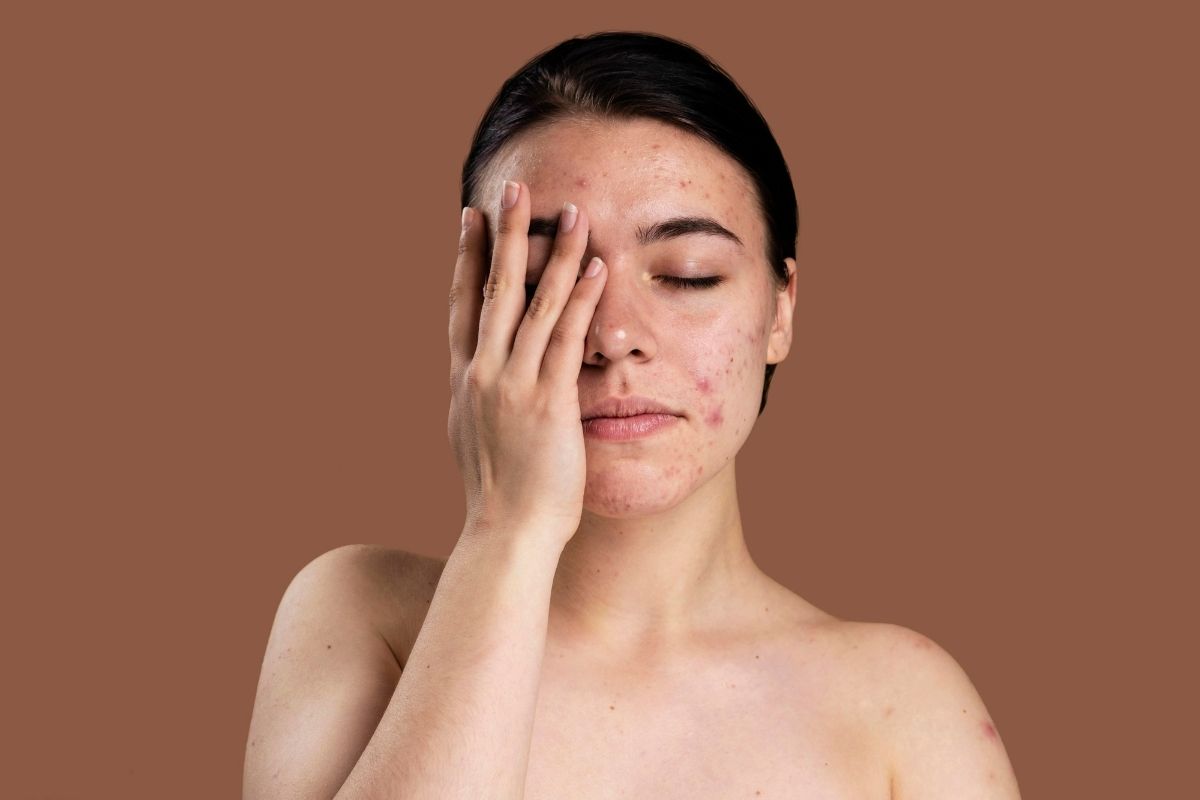So if you have been following my blog post or read about an earlier post I had referencing Insulin Resistance, this is the article you need to read. Especially is you are challenged by psoriatic disease, PCOS, difficulty to lose weight around the abdomen or have diabetes in your family history.
You may think, why do I need to know about Insulin Resistance if I don’t have diabetes? The truth is, many diseases are linked to insulin resistance and if neglected it can lead to diabetes.
So let me break this down for you. What is Insulin Resistance? When carbohydrates are consumed, our digestive system will break it down into glucose molecules. The glucose molecules will enter the small intestine and straight into the bloodstream. At this stage the pancreas is signalled to release insulin. The insulin will then take the glucose and store it in the liver, muscle and fat cells; according to the body’s physiological needs. In a person with insulin resistance, the insulin is not doing its job efficiently. So the glucose remains circulating in the blood which causes the pancreas to release more insulin. This can increase inflammation in the body and affect the normal functioning of various organ system(s). After a period of time, this is when disease results.
What diseases are linked to insulin Resistance? Researchers have been fantastic to identify diseases such as psoriatic disease (psoriasis and psoriatic arthritis) and PCOS (polycystic ovarian syndrome) as being linked to insulin resistance. Additionally, if you have a family history of diabetes, struggle with losing weight around your abdomen, or struggle with hormonal imbalances this also could be due to insulin issues. I would encourage you to either see a health care practitioner or get a blood test from your GP to find out if you have insulin resistance.
How can I reduce Insulin Resistance? Do I need medication?
- Diet:

- Exercise:
- Stress:
- Relaxation exercise: yoga, qi gong, tai chi
- Meditation
- Massage
- Bath with sea salts, Himalayan rock salt, essential oils
- Essential oils are great to have burning in your room if you are stressed
- Smoothies – increase antioxidants (via vegetables) to deal with stress on the body
- Walk especially barefoot at a local park or beach
- Sit in the sun for 10 minutes can reduce stress
- Take a deep breath or 2; it’s a fantastic way to manage stress and gets you to take a moment to reassess your situation.
- Chat to a friend or family member or work colleague or counsellor. Talking about your concerns helps you process your situation more effectively.
- Drink filtered water to help your body eliminate inflammatory chemicals that are release at times of stress.
As you can see there are numerous ways to reduce insulin resistance naturally. I personally don’t believe drugs such as Metformin are necessary for insulin resistance. I understand they are very effective to help the insulin work better; however, our bodies are made to communicate with us through symptoms. To simply hide your body’s ability to communicate will only lead to symptoms that get louder and more noticeable.
I know there is a fair bit of information in this article but as always I recommend you look at making 1 change at a time, otherwise you may feel overwhelmed and decide to stick to what you are doing. All I can say is if you change nothing, nothing will change.
If you need a hand, reach out via our socials below or send me an email. Yours in Great Health, Irene




